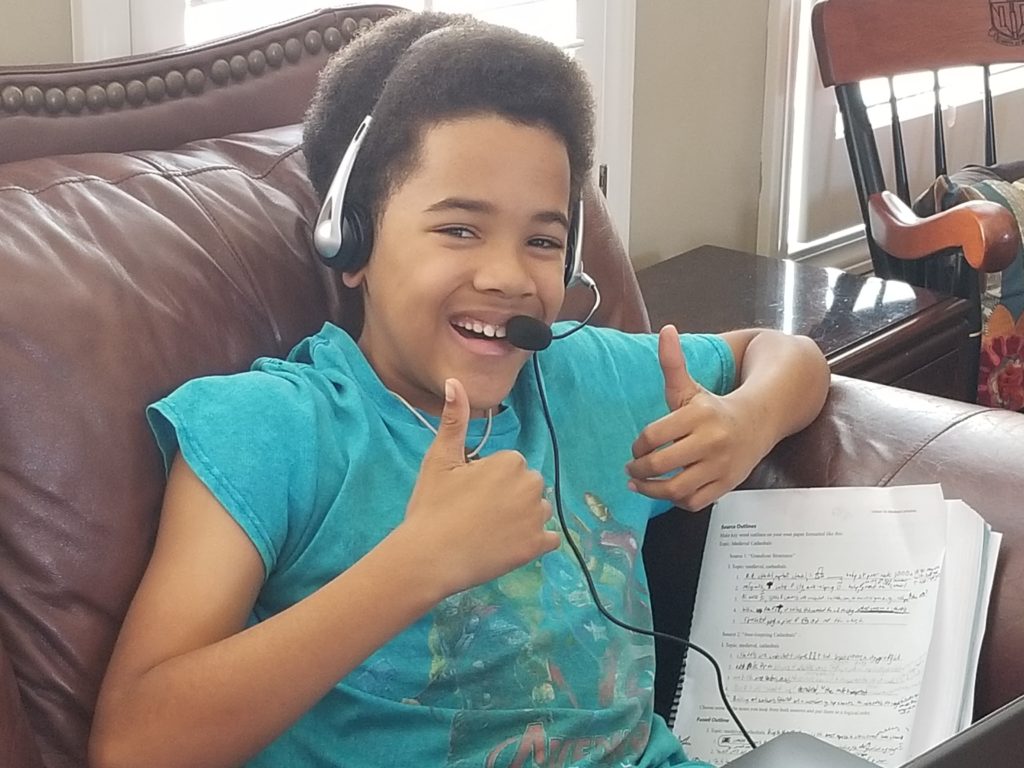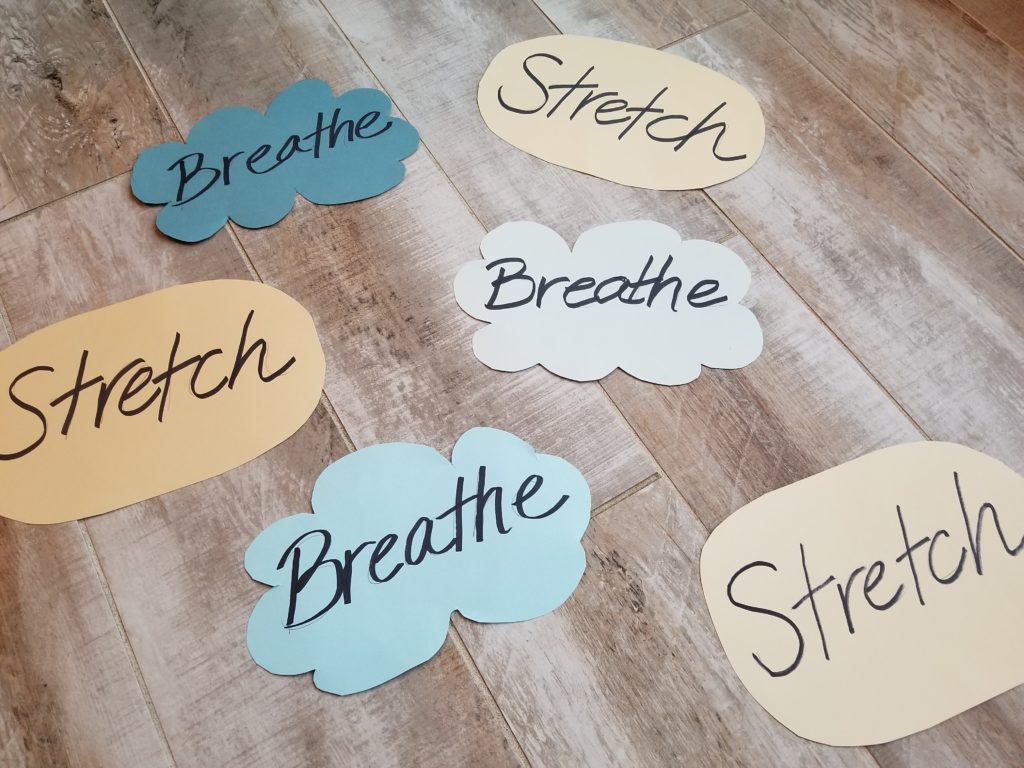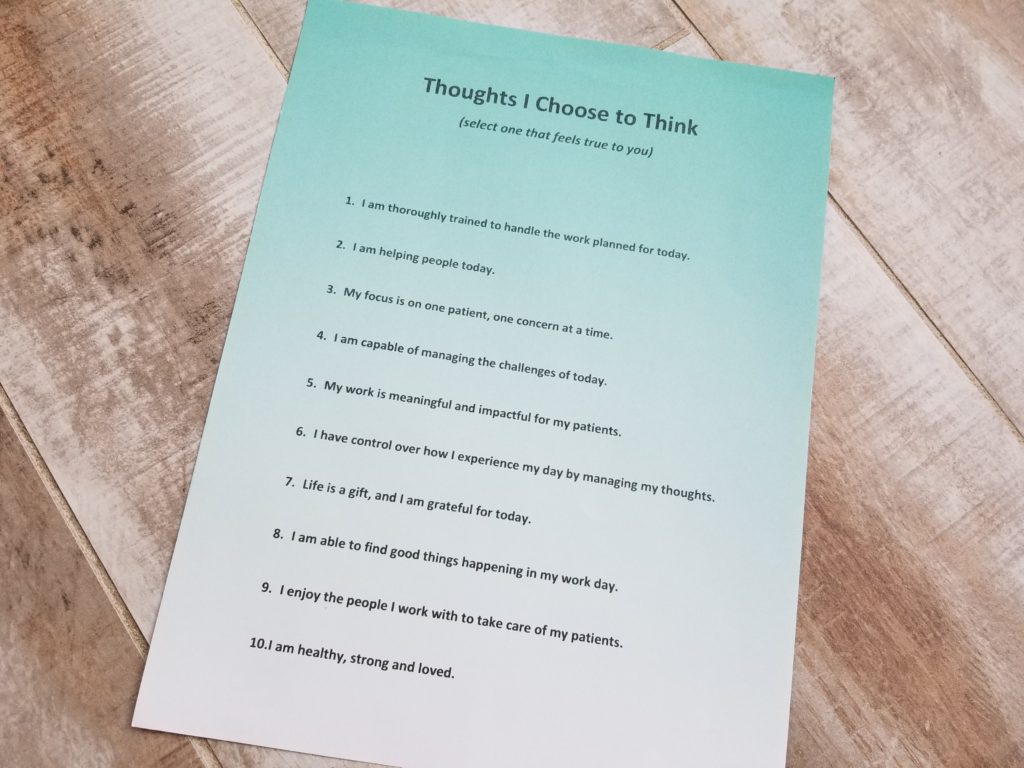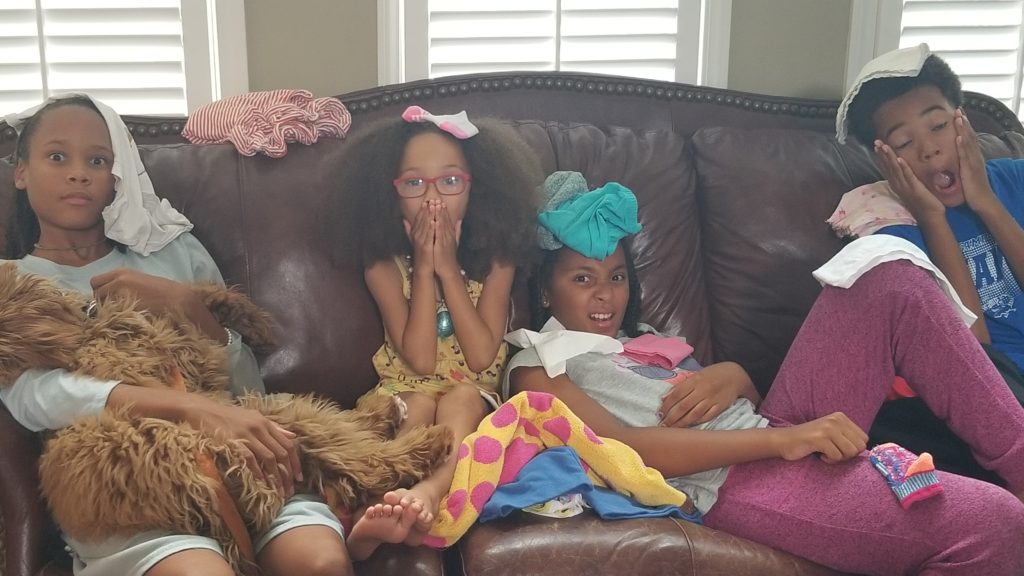Girl. I almost pulled all my hair out this morning dealing with my son. He should have been the one who almost ended up bald. Let me tell you the story…
It all started a couple of years ago when we bought Chrome books for the three oldest kids to do their schoolwork. They had just started a grammar/writing course in their homeschool program, and our one desktop wasn’t going to be enough to allow them all to get the work done at the same time. Of course, I was concerned about what kind of parental controls would be on the machines to protect them from unsavory content on the internet, but my husband made sure that the limits that could be set were in place before we set them up on their individual laptops.
It has been a struggle ever since. Even though we designated the computers for school work, we’ve found kids sitting in an out-of-the-way place in the house on their laptop, they’ve figured out how to instant message their friends (no kid in our house has a phone), and they take any opportunity to play on a website or fool around finding funny memes. It’s not as though they’re spending lots of time on sites that are unsanctioned; but they want to spend every free moment on a screen. We haven’t caught anyone looking at explicit content (yet), but because they do tend to be sneaky and try to hide their screen or close pages when an adult is around, I’m concerned that they’re going to stumble into something on the web that’s too mature or even outright dangerous. We even took away their password login so that only we or their teacher could log them on to the computer. It’s been a lot.
Today when our teacher came in, she mentioned that she was having the kids write out the drafts of their writing assignments because she was concerned about their lack of transparency with the laptop use. My son immediately developed an attitude. When I asked him what was happening, he clammed up and wouldn’t talk, but it was clear that he was frustrated with the whole thing. Of course, I couldn’t just let that ride. We sat down where I expressed to him in no uncertain terms that we would work this out until we came to a resolution: He is worth it to me, even if it wrecks our morning. We spent the next hour and a half talking about his concerns, pride, sin, honesty, safety on the internet, freedom and responsibility, and wisdom. In the end, his concern about the lack of efficiency of hand writing papers was addressed, my stance on internet safety was clear, and the connection between trust and transparency was reviewed. We prayed and he got back to his schoolwork with a lighter heart and happier disposition.

Back to work…
One of the best parts of the conversation was the part about his fear of being inefficient in his work. Even at age 11, he’s concerned about protecting his free time. Now, this boy has a strong work ethic and generally is good about getting his assignments done. I’m very clear on my standard; Work first, play after. And he generally follows that guideline. The thought of having to hand write drafts of his papers for school instead of being able to revise a typed copy threatened his belief that he could get the work done before the weekend and have his weekend time for more fun things. In his mind, he was going to be typing papers every weekend of the semester instead of having free time to read, play video games with his dad, go bike riding or roller skating, and his life was spiraling out of control into drudgery. Yes, this is a very dramatic scenario to dream up.
But we do the same thing as adults. How many times have you looked at your schedule and decided that the whole day was shot because the tasks ahead were too much for the hours you had to work. Or looked at your bank account and thought you might never be able to afford a vacation again, at least not a good one? Or stepped on the scale and just knew that you were always going to be losing the weight loss battle so you might as well quit trying? My point is this: Just like my son, all those observations are not fact – they are thoughts . Even if they feel true to us (and my son was convinced his thoughts were true), they are just sentences in our minds. And we can change them.
When we worked through the understanding that his thoughts were not circumstances, I asked him whether he liked how he felt when he felt those thoughts. And when he admitted that he did not, I reminded him that he was the only one in control of his thoughts. While his brain is efficient and would likely continue to try to think these thoughts again, he could choose new thoughts to think. I asked him if he thought the new thoughts would be easier to think than the old ones – he said no. When I asked him how we think new thoughts, he gave the answer we all need: Practice!
It’s so funny that this was the conversation today. One of my partners at work wanted us to do some activities for physician wellness next week. So I’ve been thinking about what things most contribute to physician burnout, and what things have helped me the most in feeling balanced and happy at work. And while the list of things that contribute to physician burnout and the mass exodus of practicing physicians in certain fields, what has helped me has been more individual than institutional. I can’t change the institutions I work in, at least not quickly. But I can breathe, I can stretch and connect to my body throughout the day, and I can manage my mind and how I think about the work I have in front of me. Those things help me, so I thought my contribution to physician wellness week would be reminders to do those things throughout the day.

Little reminders…
The thing that consistently makes us miserable is the way we choose to think. It may be that circumstances can change, but if the thoughts we have are unconscious and in control of us, then we live in a constant state of misery of our own making. If we can learn to think thoughts that are helpful and constructive (this takes practice!), then we can create the environment in which we live. I can look at a slam-packed, double booked schedule and decide my whole day is going to be hell on wheels, or I can choose to think that I will help a lot of people that day. I can believe the thought that I have no control over my schedule , or I can believe that I have some control over my schedule and how my day goes. The first thought leaves me feeling hopeless and unmotivated, the second allows my brain to look for creative solutions to help my day flow as I’d like. It’s all in what I choose to think. My thoughts will determine how I feel and motivate me to take (or NOT take) action. No, I don’t control the circumstances, but they’re not what make me miserable. My thinking does that.
And I don’t mean to suggest that you can go from thinking, “My day is going to hell in a hand basket”, to “My day is sunshine and rainbows!”. But you can choose a thought that you believe. Maybe your next thought is, “I am trained to handle this work.” Or it could be, “Whatever happens today, I will go home and enjoy my fuzzy socks and a mug of hot tea in front of the fire at the end of it.” How about this one – “I enjoy talking to/working with/accomplishing the tasks I have to do.” I don’t know what thoughts you can choose to believe. But you do! And when you move away from the thoughts that make you miserable, you can continue to choose more thoughts that make you feel supported, motivated, and cared for.

You can do this at home too. You could be thinking that no one ever helps you around the house. Or, you could choose to think that you are loved and your kids are getting better at emptying the dishwasher without you reminding them (even if the laundry is overflowing the baskets!). You can choose to think that your house is a wreck and you hate coming home to a mess everyday. Or you could choose to believe that you are training your kids to keep a common environment that supports everyone, even if it’s not all the way there yet. You might even choose to believe what older moms tell you, that you’ll miss the mess when they’re gone (I’m still not sure about this one, but I’m trying to believe it!).

You are not your mind – you are the master of your mind. You can choose to think the way that supports you. You might need to write those new thoughts down again and again. Or make sticky notes to put up on your mirror or near your bed to remind you. The more you see the new thought, the more you will find the new way of thinking to becoming more natural. Just know that it takes practice and persistence to teach your brain new way of thinking. You can do it!
Have you ever realized that your thoughts are producing your feelings? How do you feel when you realize you can control the experience of your life by managing your thoughts? Please share in the comments below!
